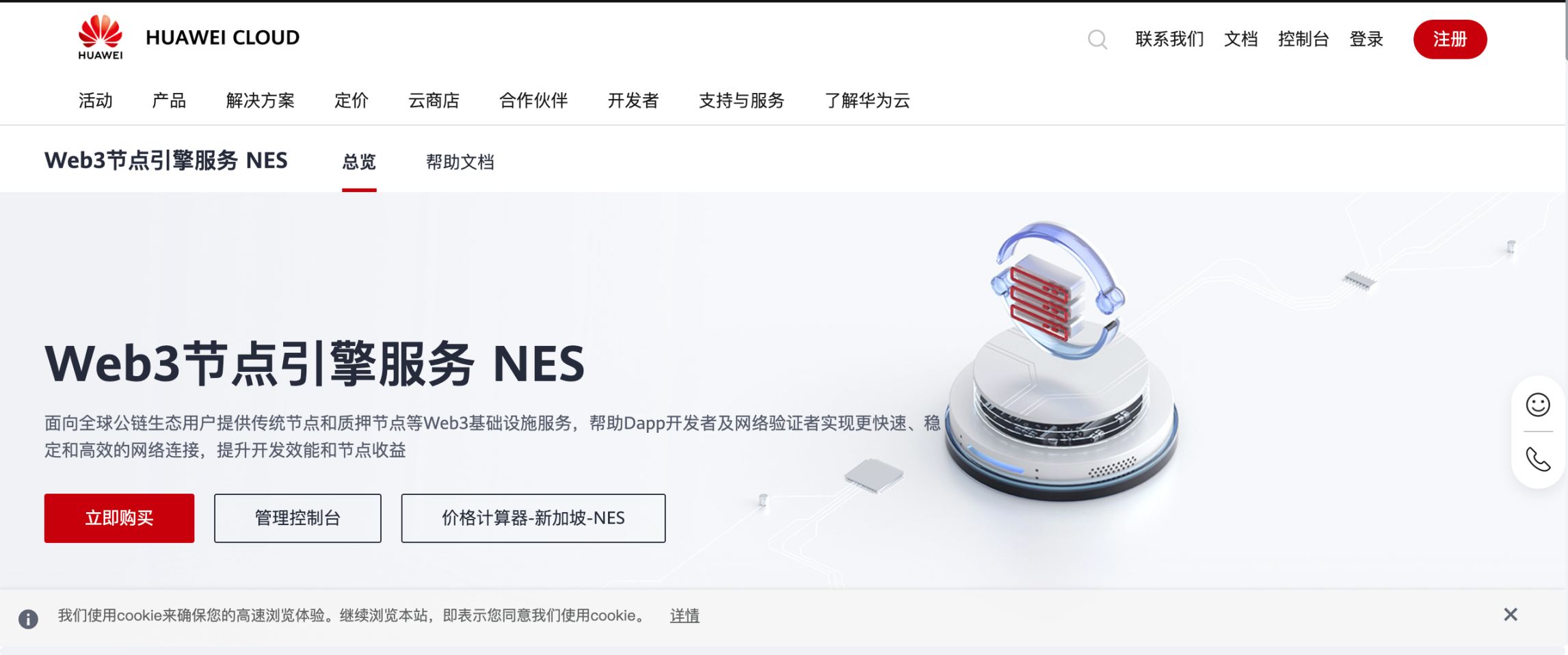Internet giants are eyeing cryptocurrency exchanges
- 核心观点:中国互联网巨头海外竞逐加密货币云服务市场。
- 关键要素:
- 阿里、腾讯、华为设Web3部门争交易所客户。
- 云服务竞争延伸至AI大模型技术输出。
- 蚂蚁数科9月将上线自研区块链。
- 市场影响:加剧全球云服务与AI技术竞争格局。
- 时效性标注:中期影响。
Original author: Leek, Foresight News
On August 25th, Web X, one of Asia's largest crypto conferences, was held at the Prince Park Tower in Tokyo, Japan. This event, the largest in Japan, was attended by newly appointed Japanese Prime Minister Shigeru Ishiba, who emphasized Japan's hope that cryptocurrency could help transform Japanese society.

It is reported that there are more than 10,000 participants, most of whom are Japanese. Among the small number of foreigners, an unnoticed group appeared in the venue - employees from major Chinese Internet companies.
The birth of cryptocurrency in 2009 coincided with the heyday of the PC internet era. Tencent and Alibaba's core businesses were still experiencing explosive growth, and this new financial paradigm didn't attract the attention of the then-unicorns. Furthermore, with cryptocurrency trading and mining repeatedly banned by Chinese regulators, this risky and uncertain venture naturally displeased internet giants, leaving few major companies dedicating resources to competing in this field.
But in the summer of 2025, major companies overseas set their sights on cryptocurrencies and launched a war without gunpowder.
A representative from one of the top three domestic companies told Foresight News in Tokyo that their purpose in participating in this cryptocurrency summit was to find high-quality customers - those large-scale cryptocurrency exchanges - and sell them their own cloud services and large models.
It's not uncommon for internet cloud giants to attract cryptocurrency clients. As early as 2022, a report from Pinwan revealed this secretive business: AWS China, a subsidiary of AWS, one of the world's largest cloud service providers, actually derives its revenue from the cryptocurrency market. Pinwan cited sources as saying that 70% of AWS China's revenue comes from overseas, 50% of which comes from the cryptocurrency market. In other words, cryptocurrency companies contribute over a third of AWS China's revenue.
Such revenue is unlikely to escape the attention of China's cloud service giants. On April 30, 2025, IDC released its "China Public Cloud Service Market (2024 Second Half) Tracking" report, projecting the Chinese public cloud IaaS market to reach 94.82 billion RMB in the second half of 2024, a year-on-year increase of 13.8%. Alibaba Cloud ranked first, with its market share increasing for three consecutive quarters. Huawei ranked second, China Telecom third, China Mobile fourth, and Tencent fifth.
Foresight News has learned that amid increasingly fierce competition in the cloud service sector, the aforementioned non-state-owned cloud service giants, including Alibaba, Tencent, and even Huawei, have established their own Web 3 sales departments to compete for this sought-after market. Users can browse related products directly on the front-end page. Notably, this setup isn't unique to major domestic companies; the cloud divisions of all international giants, including AWS, Google, and Microsoft, also offer similar products.

Foresight News also learned that the main offices of these business units were once located in Singapore, which may be related to the withdrawal of many cryptocurrency exchanges from mainland China to Singapore since 2021. However, as Singapore's crypto regulatory policies become very strict after June 30, 2025, this phenomenon will inevitably be unsustainable.
But the cloud demand from these offshore cryptocurrency exchanges will not decrease, which also means that the competition for cloud market share will not end.
At Web X in Tokyo, two representatives from other major Chinese social media companies told Foresight News that, despite a late start in this area, they are also targeting compliant cryptocurrency exchanges. As latecomers, they believe the competitive landscape is changing due to the development of AI technology. "We are also very willing to provide our large-scale model technology to crypto institutions. If there is demand for cloud services and large-scale models, we welcome it." This strategy is also being adopted by other major companies, who have also mentioned the availability of their own large-scale model interfaces.
They also thoroughly researched their competitors and directly pointed out that OKX Exchange had chosen Alibaba Cloud services. Previously, a large-scale outage at Alibaba Cloud impacted cryptocurrency trading on OKX, indirectly leading to a subsequent leadership change at Alibaba Cloud. A representative from one of these major companies told Foresight News that they had secured 60% of the cloud service quota for a mid-sized exchange.
This war without gunpowder has been going on all the time and has expanded from cloud services to the field of large models. Even the cryptocurrency business, which is not recognized in China, is so popular overseas that all the giants in the world do not want to miss out on this income.
Among major domestic companies, Ant Financial is at the forefront of cryptocurrency investment. A representative told Foresight News in Tokyo that the blockchain developed by Ant will be launched in September and that they are currently seeking target customers. Like Ant, JD.com is attempting to issue a stablecoin in Hong Kong. Its founder, Richard Liu, also revealed during this year's food delivery wars that JD.com aims to apply for stablecoin licenses in dozens of countries worldwide. Users would then be able to use JD.com's stablecoin to purchase all goods, offering a payment experience unavailable to current internet giants.
Undoubtedly, these internet giants are eager to make cryptocurrency a new piece of the puzzle in their business landscapes. Just recently, Google announced the launch of its own "public blockchain," but anyone with a discerning eye can see that it's merely a heavily restricted consortium blockchain, a far cry from Ethereum. This raises an interesting question: Do these world's most advanced internet giants truly understand blockchain technology and the cypherpunk spirit?
As for whether Chinese internet giants will delve deeper into Web 3, an employee of one of the aforementioned internet companies told Foresight News: "As long as domestic regulatory policies remain unchanged, we will definitely not enter this field, at least not on the surface."



